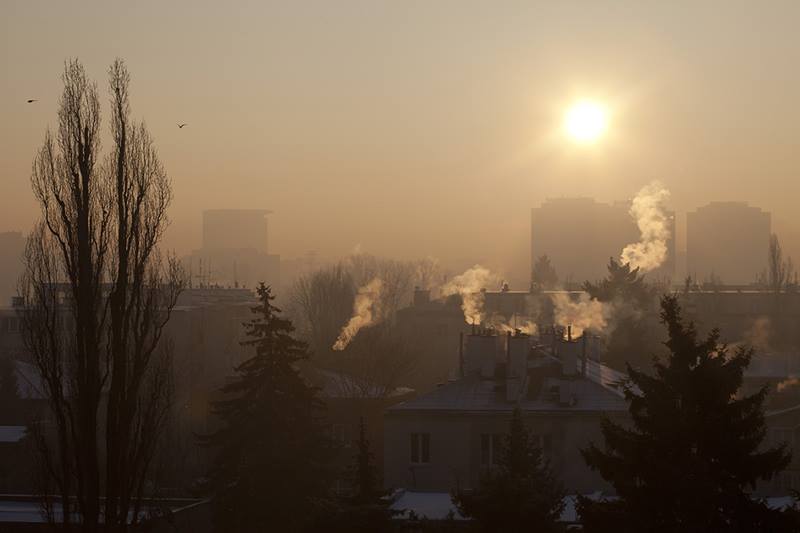Use Intermountain Connect Care®
Learn More.
How can we help?

As temperatures rise, so do the dangers related to the heat. Fortunately, by paying attention to a few simple precautions, individuals can avoid any heat related catastrophes.
Dr. William Sepp, pediatrician with Intermountain Healthcare Sunset Clinic in St. George, Utah, says it is important for everyone to pay attention to the weather alerts and extreme heat warnings and to plan outings and activities appropriately.
"Choose the right time of day to go out," Dr. Sepp said. "Here it is usually best to get outside first thing in the morning, or later in the evening when the sun starts to go down."
For midday activities, Dr. Sepp suggests wearing appropriate lightweight, light colored, loose fitting clothing to ensure good airflow around the skin. He also says wearing a breathable hat to protect your head and face is important.
And don't forget to drink plenty of water.
"The recommendations for how much water to drink depend on the person's size and age, and what kind of physical activity they are engaged in," Dr. Sepp says. "For children it's anywhere from 3-8 ounces of water for every 20 minutes of exercise. For adolescents it's closer to 12-20 ounces per 20 minutes of exercise."
Because children are prone to overextending themselves in the heat, parents need to be extra cautious and provide breaks in a cool environment and to make sure children are drinking enough.
"For very young children, they may not be as physiologically capable of adapting as quickly as adults are," Dr. Sepp says. "Parents should be particularly vigilant when it comes to young infants who are not mobile. They shouldn't be in extreme heat for more than 20 to 30 minutes before being in an air-conditioned area."
Dr. Sepp says some of the basic signs to watch for with regard to heat-related injury include:
- significant fatigue
- flushed or red face
- muscle cramps or spasms
- headache
- nausea
"At that point, there's generally no need for medical intervention," Dr. Sepp says. "Get them to a cool place. Put cool, wet clothing on them or get them into a cool bath or shower and get some fluids on board."
However, if a person is complaining of headache, fast pulse and is acting confused or inappropriately, they may be experiencing a more serious heat stroke, in which case medical attention is needed, Dr. Sepp says. "Get them to emergency medical care as soon as possible."